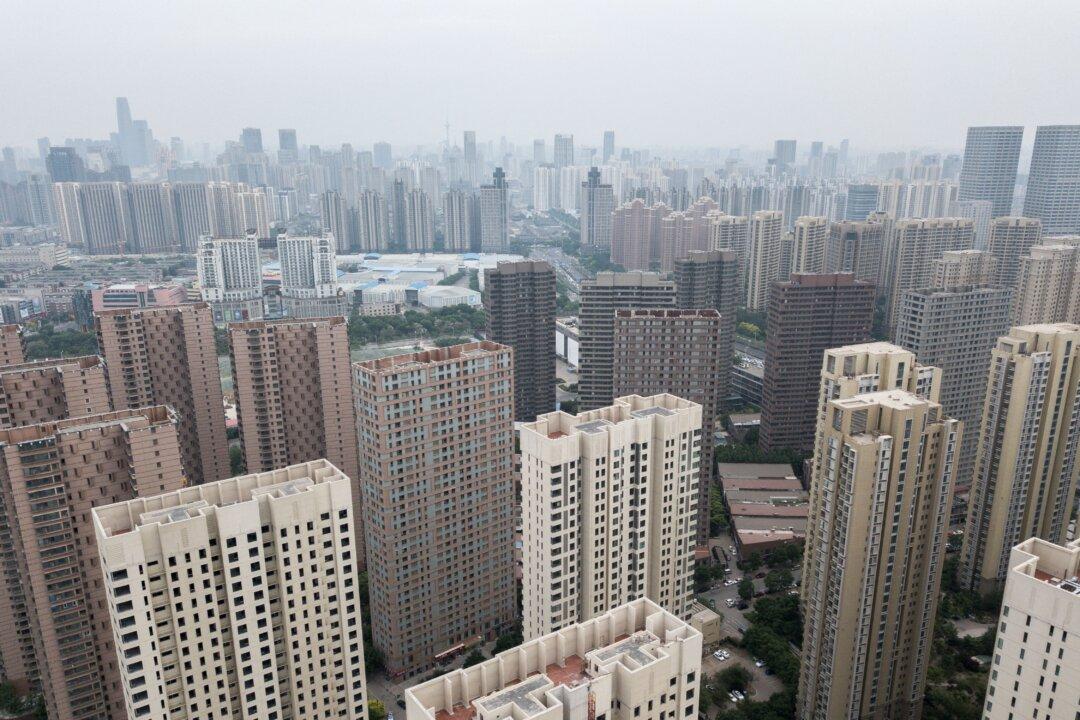News Analysis
The Chinese Communist Party (CCP) wrapped up its economic work meeting with no clear plan for resuscitating China’s economy.

The Chinese Communist Party (CCP) wrapped up its economic work meeting with no clear plan for resuscitating China’s economy.